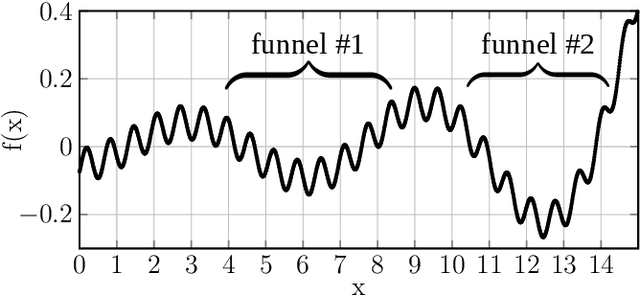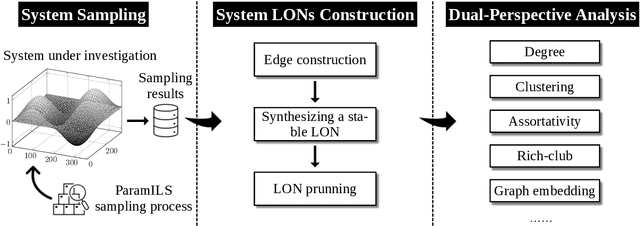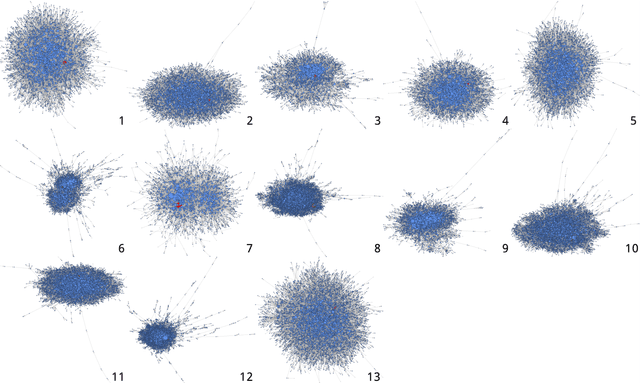LONViZ: Unboxing the black-box of Configurable Software Systems from a Complex Networks Perspective
Paper and Code
Jan 05, 2022



Most, if not all, modern software systems are highly configurable to tailor both their functional and non-functional properties to a variety of stakeholders. Due to the black-box nature, it is difficult, if not impossible, to analyze and understand its behavior, such as the interaction between combinations of configuration options with regard to the performance, in particular, which is of great importance to advance the controllability of the underlying software system. This paper proposes a tool, dubbed LONViZ, which is the first of its kind, to facilitate the exploratory analysis of black-box configurable software systems. It starts from a systematic sampling over the configuration space of the underlying system. Then LONViZ seeks to construct a structurally stable LON by synthesizing multiple repeats of sampling results. Finally, exploratory analysis can be conducted on the stable LON from both qualitative and quantitative perspectives. In experiments, we choose four widely used real-world configurable software systems to develop benchmark platforms under 42 different running environments. From our empirical study, we find that LONViZ enables both qualitative and quantitative analysis and disclose various interesting hidden patterns and properties of different software systems.
 Add to Chrome
Add to Chrome Add to Firefox
Add to Firefox Add to Edge
Add to Edge